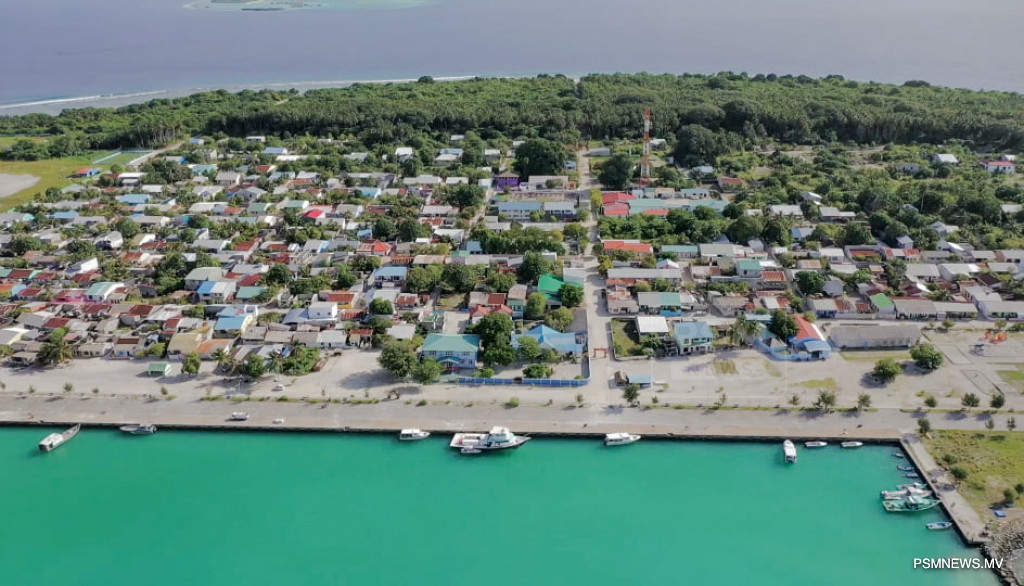
Govt to Implement Wind Energy Project in Manadhoo
The government has announced plans to implement a wind energy project in Manadhoo, Noonu Atoll.
The Ministry of Finance is seeking interested parties for the project which includes, pre-development study, design, supply, installation, and maintenance of pilot wind renewable energy system for Manadhoo.
The project is funded by the Asian Development Bank (ADB) under its Accelerating Sustainable System Development Using Renewable Energy Project, according to the ministry.
Open competitive bidding will be conducted in accordance with ADB’s Single Stage Two-Envelope bidding procedure and is open to all bidders from eligible countries as described in the bidding document, the ministry said.
Interested bidders are required to pay a non-refundable registration fee of USD100, through the ministry’s online payment portal, Ban’deyri Pay.
A pre-bid meeting will be held online at 1100hrs on 8 January 2025, while bids will be opened immediately after the deadline for bid submission at 1pm on 10 February 2025 in the presence of the representatives of the bidders, the ministry added.
The Maldives and ADB signed the agreement for the Accelerating Sustainable System Development Using Renewable Energy (ASSURE) project valued at USD75.5 million in December 2023.
The ASSURE project involves various key objectives, such as the installation of 20MW solar power systems across 20 islands through power purchasing agreements. A 44MW solar battery energy storage system will be set up to enhance grid stability in the designated islands. In addition, a wind energy power generation system is slated for installation on one island, while another island will pilot a seawater power generation system.
Under the project, the initial phase of the My Solar Programme will focus on procuring 3MW solar Photovoltaic (PV) systems. It will also involve the implementation of a community irrigation system and a community farming development programme on one island to generate electricity using solar power. The overall impact of the initiatives is estimated to save approximately 10 million litres of diesel annually and reduce emissions by 26,000 tonnes of toxic gases each year.


